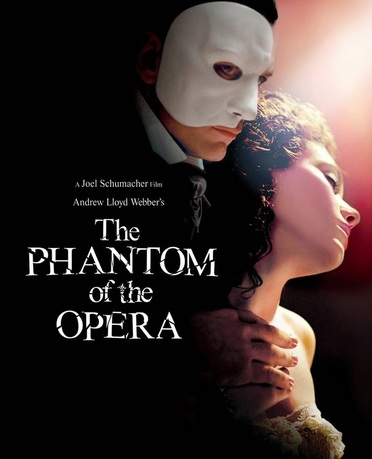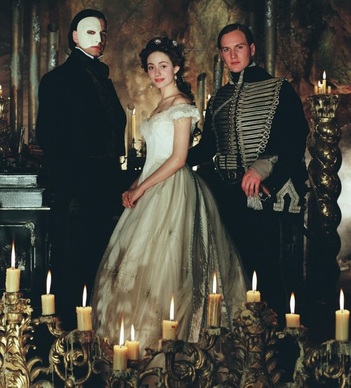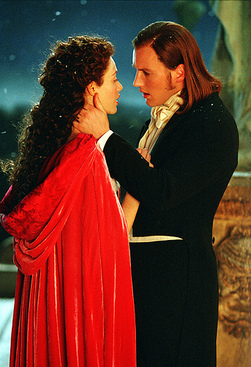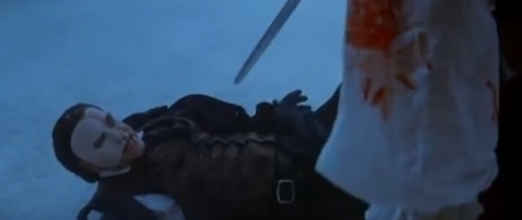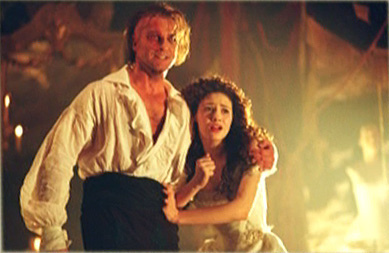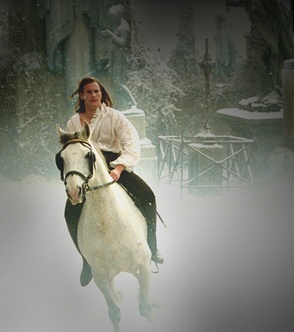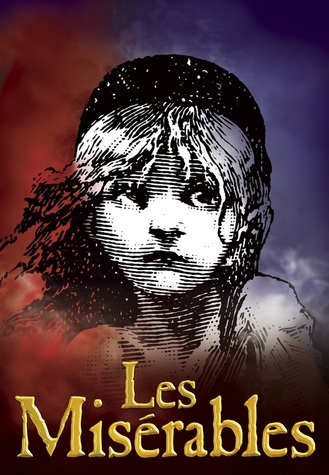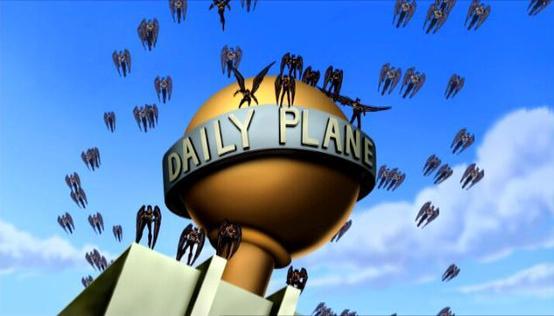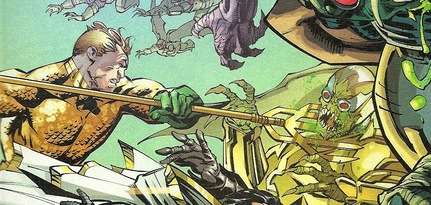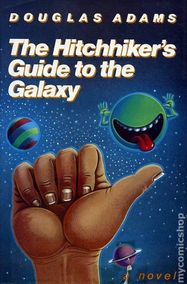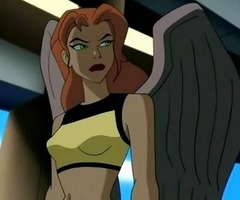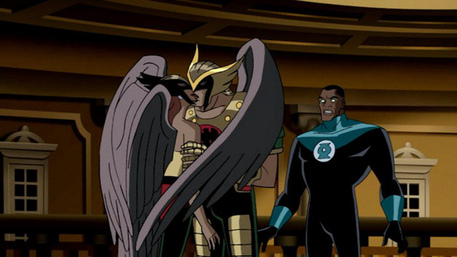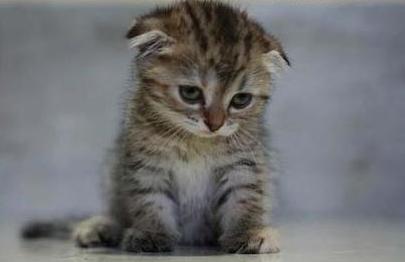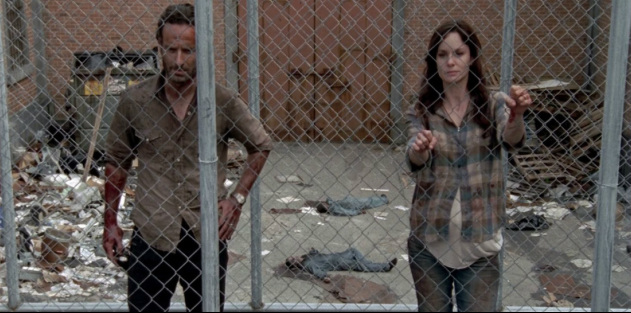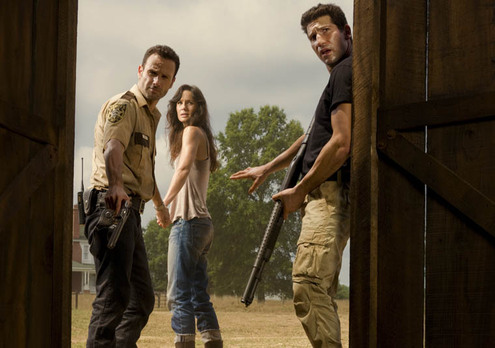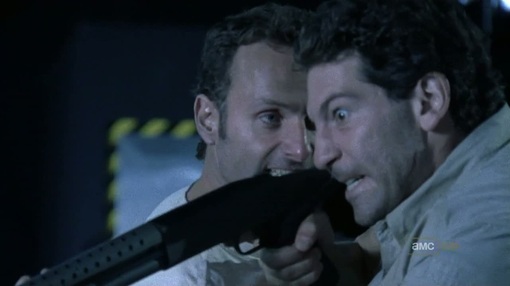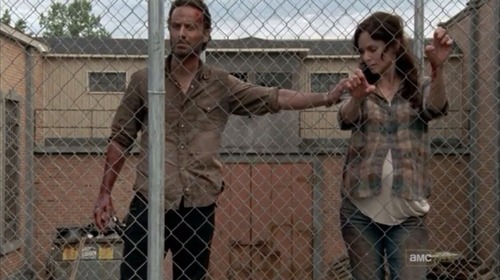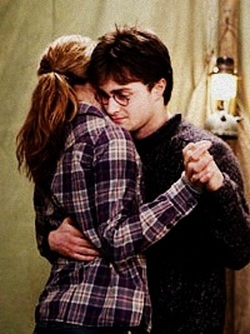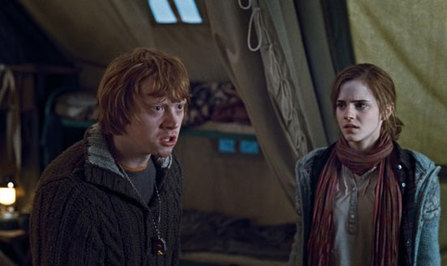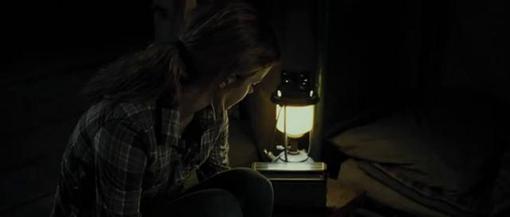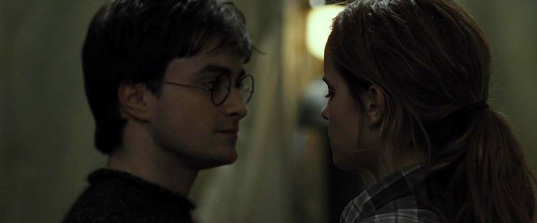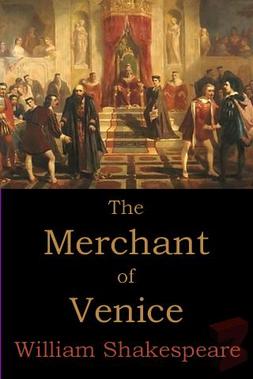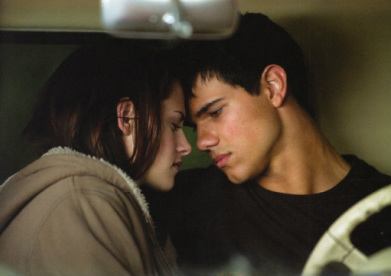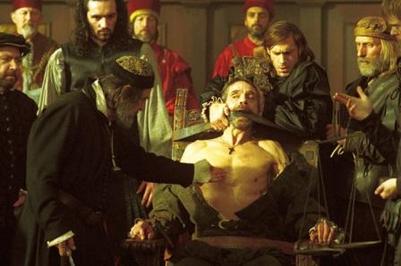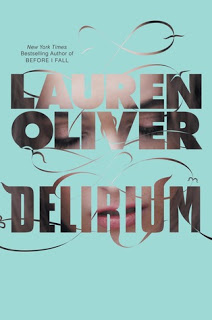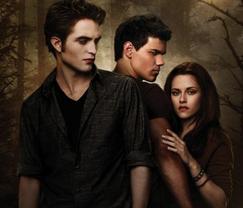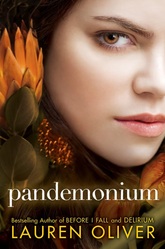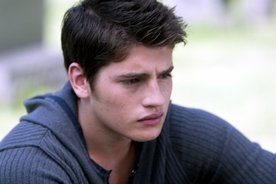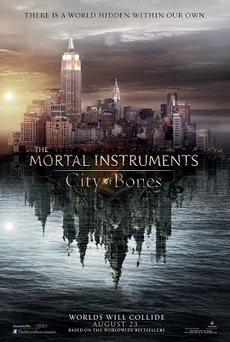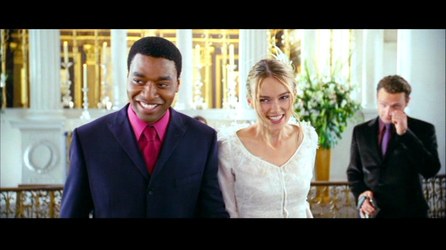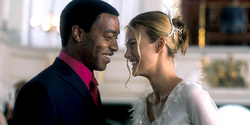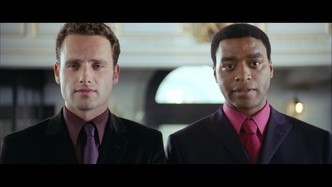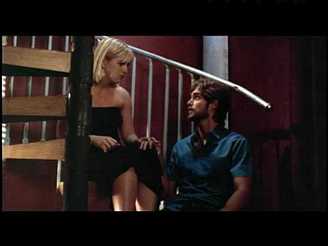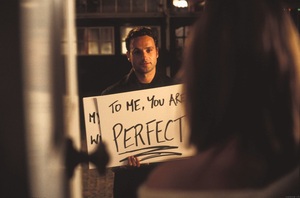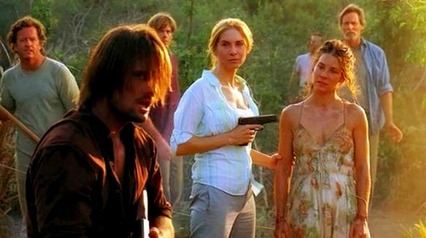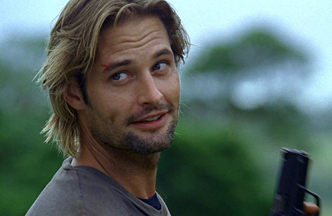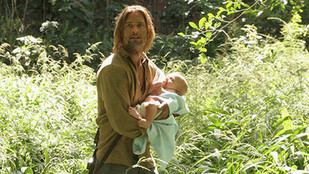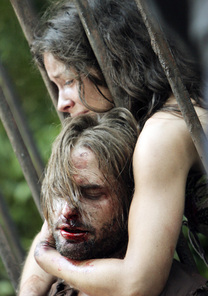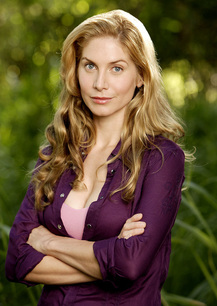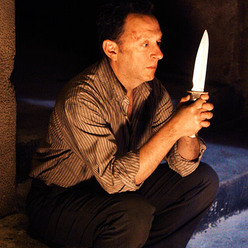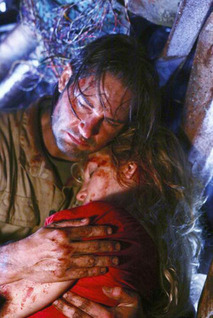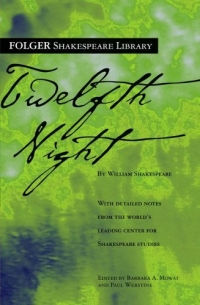If you don't know, Phantom of the Opera, at least the version I’m talking about, is a musical (closer to a light opera by definition) about a mad genius living in and terrorizing the staff of an opera house by pretending to be a ghost (the eponymous Phantom), a chorus girl, Christine, whom he's obsessed with, and said chorus girl's boyfriend, Raoul, who comes to shake up the Phantom's fear-enforced status quo.
I’m not lucky enough to have gone to a stage production of it, so forgive me if my lack of knowledge of the movie adaptation’s liberties starts to show, but I believe it’s a pretty faithful one.
So, how does something that fits into a category as sophisticated-sounding as light opera, something based on a novel from 1910, end up topping the guilty pleasures list? Well...
Why it's guilty:
*Deep breaths*
Okay, basically, the Phantom's been courting Christine by pretending to be an angel sent by her dead father. Creepy, but it's supposed to be. So far so good. Then Raoul and Christine bump into each other, renewing their childhood friendship and sending it hurtling toward something more. Fine.
And that's pretty much the sum of Christine's plotline from then on. She's conflicted.
She's conflicted when the Phantom kidnaps her to his subterranean lair, plays music for her, yells at her that she'll never escape, and then changes his mind and kicks her out.
She's conflicted when he starts sabotaging rival performers and killing stage hands to impress her.
She’s clearly conflicted when he tries to kidnap her again, attacking Raoul when he intervenes, because she stops Raoul from killing the Phantom in the ensuing swordfight, exclaiming,
Because tricking the Phantom into getting unmasked and gunned down in front of an unsuspecting paying audience is so much more honorable, tasteful and dignified than letting him lose the nice, private, relatively fair duel that the Phantom initiated.
And what exactly is Raoul's brilliant plan that Christine's so okay with?
Put Christine onstage so the Phantom will be sure to show up, and have guys with guns ready for when he's spotted. That's all.
This plan officially makes Raoul the smartest person in this particular universe other than the Phantom himself, because apparently no one else has ever thought of it before. True, it naturally leads to the Phantom using Christine as a human shield and whisking her back to his lair as counter-bait for a final showdown,
Oh, did I mention that the lyrics through all of this have a habit of rhyming the same word with itself? Because they do. And that constant warning to keep your hand at the level of your eyes? If you’re wondering what they’re talking about, it's based on an old French stage convention, but it's tragically wasted by not also being a warning about an eye-gouging booby-trap in the Phantom’s lair!
Why it's a pleasure:
Okay, I can do a little analysis of exactly how this tickles the girliest of the primal lizard parts of my brain.
But there are also much simpler reasons to enjoy Phantom.
This is one of those mood pieces that takes you instantly away to someplace magical, in spite of the frustrating slightness of the plot there, or the fact that the magic isn't real even within that plot.
This has close to everything to do with the music. It just takes a few bars of the overture, and you're in a haunted old timey opera house, and something big is about to go down.
The often repeating melodies have been called lazy, but I actually find them more powerful that the more common hit-or-miss variety of so many musical soundtracks.
There's a line sung by the opera house administrators that makes me think this is all entirely conscious:
"You'd never get away / with all this in a play / but if it's loudly sung / and in a foreign tongue / it's just the sort of story audiences adore / in fact, a perfect opera."
Minus the foreign tongue, that's exactly the phenomenon at work in Phantom itself. The intensity of the moments of musical feeling overshadowing the flimsy melodrama behind them.
Agree? Disagree? Comments are always welcome! Or keep up with my fictional musings by joining me on Facebook, on Twitter, or by signing up for email updates in the panel on the right!
